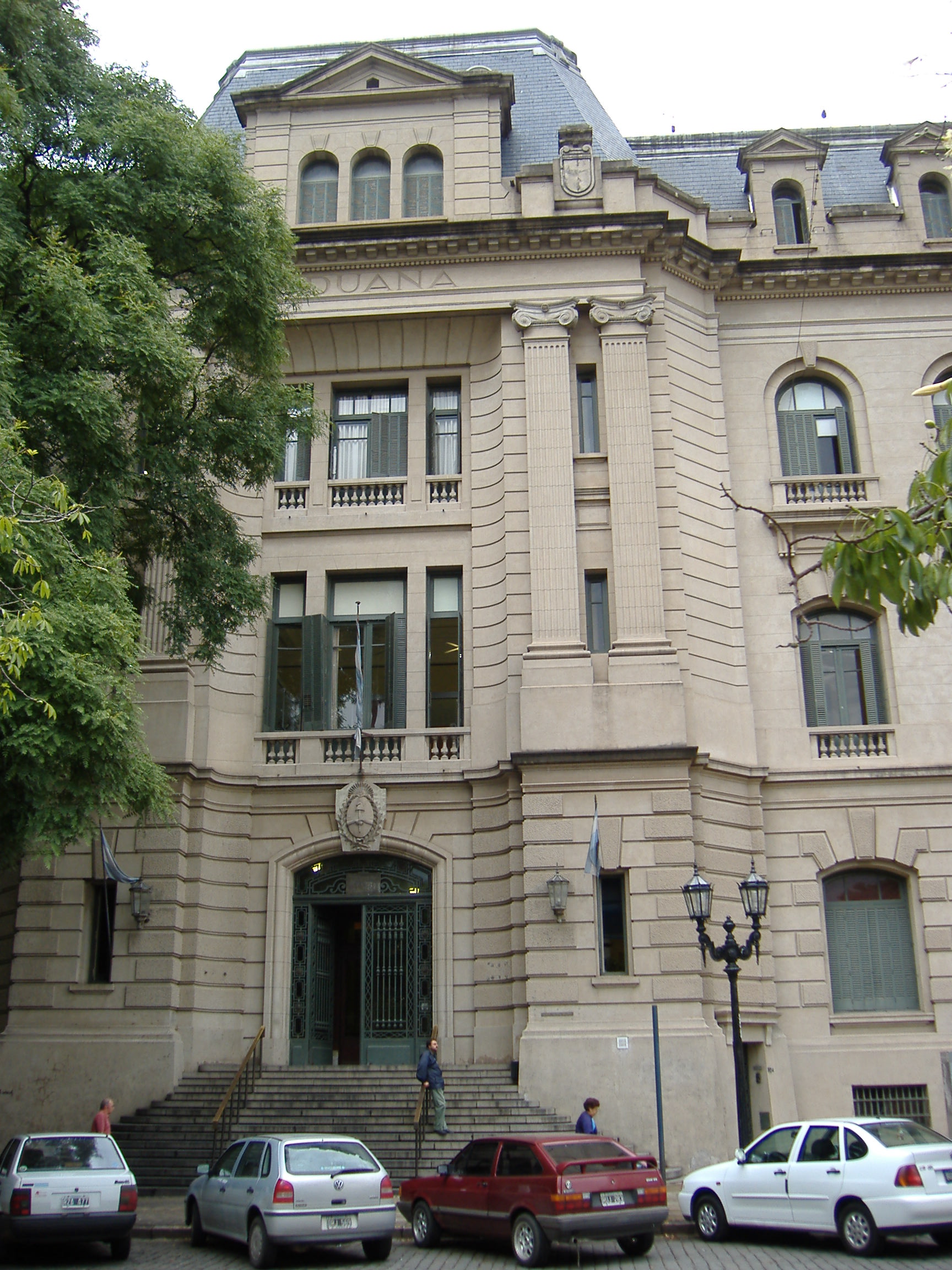|
Sergio Pezzotta
Sergio Fabián Pezzotta (born 28 November 1967 in Rosario, Santa Fe) is an Argentine football referee. He has been a referee in domestic Primera División since 1999 and an International FIFA referee since 2000. After the retirement of fellow countryman Horacio Elizondo he became Argentine's top referee and was selected for the 2007 Copa América where he took charge of three games (Brazil vs Mexico, Brazil vs Ecuador; both group stage and the quarterfinal between Mexico and Paraguay). Injury kept him out from the preliminary tests for 2010 FIFA World Cup where Héctor Baldassi had been chosen instead to represent Argentine FA. Pezzotta returned to full fitness in 2011 and was selected for his second Copa America; held in home his country. Earlier in 2011 he took charge of the second leg of the Copa Libertadores final where Santos defeated Peñarol Club Atlético Peñarol (), more commonly referred to as Peñarol, is a Uruguayan professional football club based in ... [...More Info...] [...Related Items...] OR: [Wikipedia] [Google] [Baidu] |
Rosario, Santa Fe
Rosario () is the largest city in the central provinces of Argentina, Argentine province of Santa Fe Province, Santa Fe. The city, located northwest of Buenos Aires on the west bank of the Paraná River, is the third-most populous city in the country after Buenos Aires and Cordoba. With a growing and important metropolitan area, Greater Rosario has an estimated population of 1,750,000 . One of its main attractions includes the neoclassical architecture, neoclassical, Art Nouveau, and Art Deco architecture that has been preserved in hundreds of residences, houses and public buildings. The city is also famous for being the birthplace of the Argentine footballer Lionel Messi. Rosario is the head city of the Rosario Department and is located at the heart of the major industrial corridor in Argentina. The city is a major rail transport, railroad terminal and the shipping center for north-eastern Argentina. Ships reach the city via the Paraná River, which allows the existence of a ... [...More Info...] [...Related Items...] OR: [Wikipedia] [Google] [Baidu] |
Paraguay National Football Team
The Paraguay national football team (), nicknamed ''La Albirroja,'' represents Paraguay in men's international Association football, football competitions, and are controlled by the Paraguayan Football Association, Asociación Paraguaya de Fútbol (). Paraguay is a member of CONMEBOL. The Albirroja has qualified for eight FIFA World Cup competitions (1930 FIFA World Cup, 1930, 1950 FIFA World Cup, 1950, 1958 FIFA World Cup, 1958, 1986 FIFA World Cup, 1986, 1998 FIFA World Cup, 1998, 2002 FIFA World Cup, 2002, 2006 FIFA World Cup, 2006 and 2010 FIFA World Cup, 2010), with their best performance coming in 2010 when they reached the quarter-finals. A regular participant at the Copa América, Paraguay have been crowned champions of the competition on two occasions (in 1953 South American Championship, 1953 and 1979 Copa América, 1979). Paraguay's highest FIFA World Rankings was 8th (March 2001) and their lowest was 103 (May 1995). Paraguay was awarded second place with FIFA World Ra ... [...More Info...] [...Related Items...] OR: [Wikipedia] [Google] [Baidu] |
Argentine Football Referees
Argentines, Argentinians or Argentineans are people from Argentina. This connection may be residential, legal, historical, or cultural. For most Argentines, several (or all) of these connections exist and are collectively the source of their being Argentine. Argentina is a multiethnic society, multiethnic society, home to people of various Ethnicity, ethnic, Race (human categorization), racial, Religion, religious, Religious denomination, denomination, and Nationality, national origins, with the majority of the population made up of Old World immigrants and their descendants. As a result, Argentines do not equate their nationality with ethnicity, but with citizenship and allegiance to Argentina. Aside from the indigenous population, nearly all Argentines or their ancestors immigrated within the past five centuries. Among countries in the world that have received the most immigrants in modern history, Argentina, with 6.6 million, ranks second to the United States (27 million), ... [...More Info...] [...Related Items...] OR: [Wikipedia] [Google] [Baidu] |
